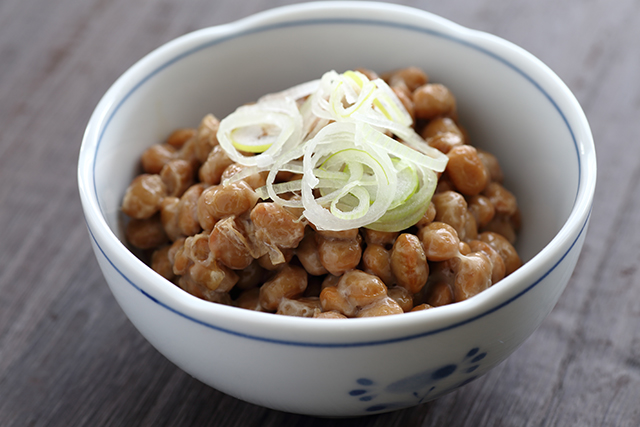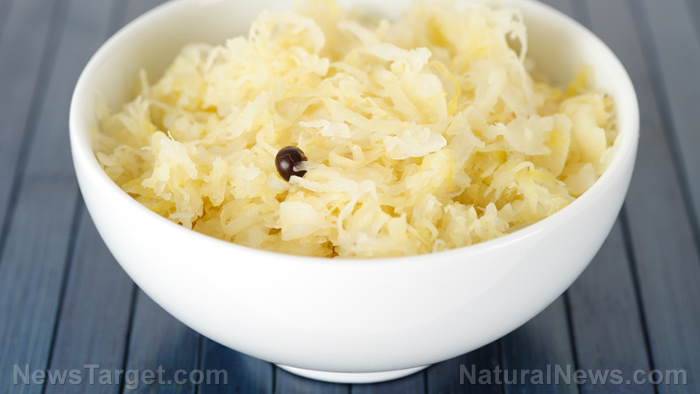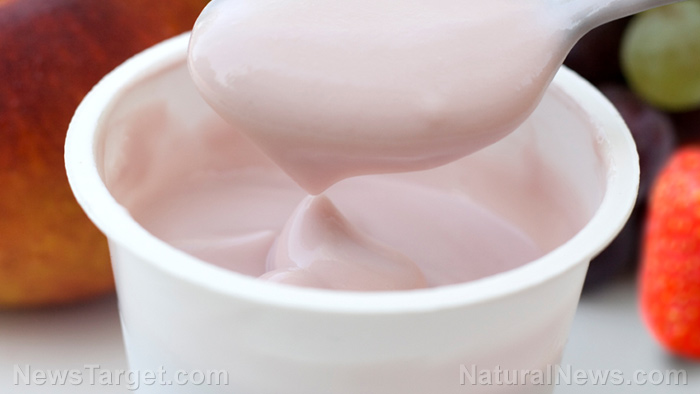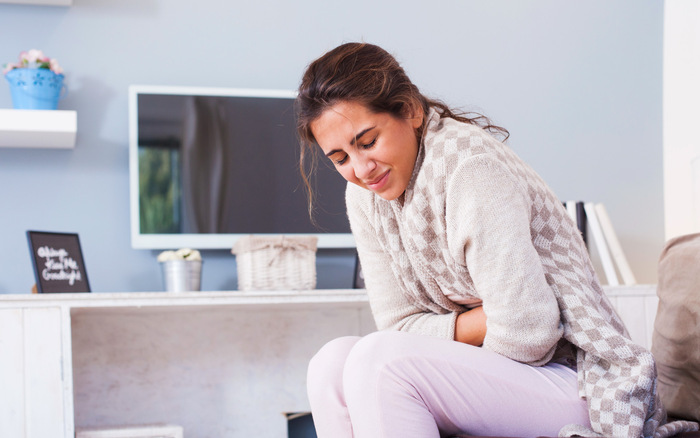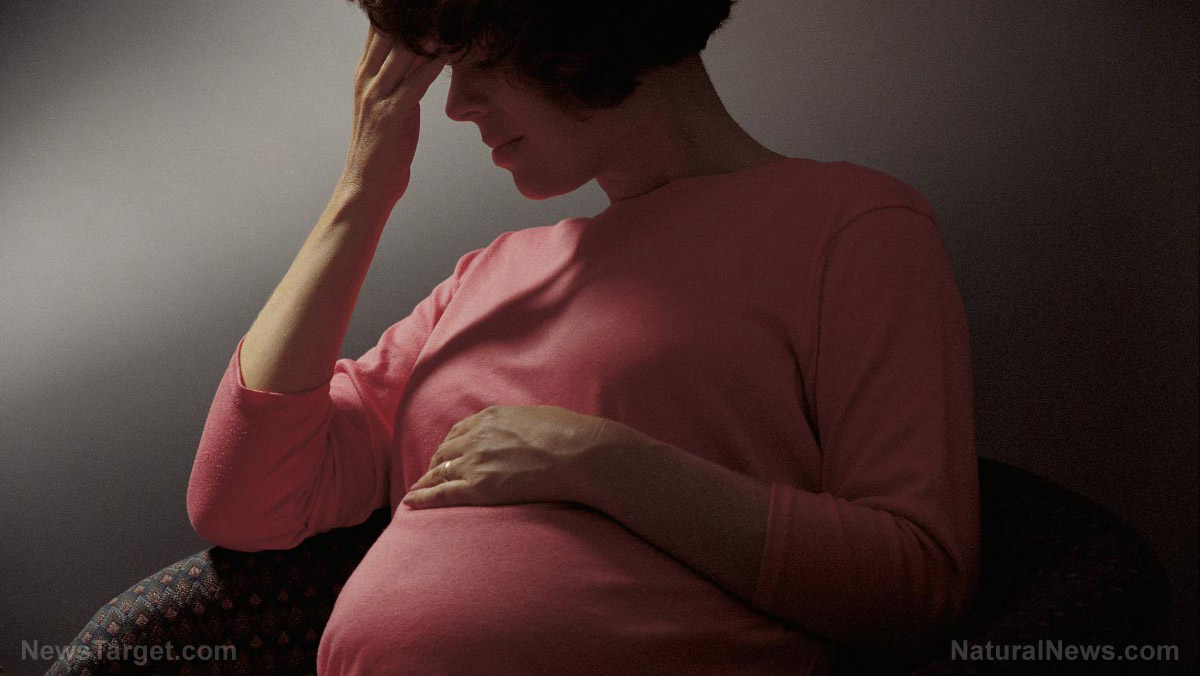
Researchers at the University of Auckland and the University of Otago analyzed the relationship between Lactobacillus rhamnosus HN001 and postpartum depression and anxiety in women. They conducted an experiment on 423 healthy New Zealand women who were between 14 to 16 weeks pregnant. Of the 423 participants, 212 were randomly given a dose of L. rhamnosus HN001 every day until after six months of giving birth, while the remaining 211 participants were given a placebo daily. The participants answered a retrospective questionnaire when their child was six and 12 months old on their psychological well-being when their baby was one to two months old.
The researchers used the Edinburgh Postnatal Depression Scale (EPDS) to measure maternal mood and the State Strait Anxiety Inventory 6 item version (STAI6) to measure anxiety.
Results showed that the mothers who took the supplement of L. rhamnosus HN001 once a day had a 50 percent lower risk of postpartum depression and anxiety than the placebo group. In addition, the researchers found that infant colic was linked with higher depression and anxiety scores.
“This study provides evidence that probiotic supplementation with L. rhamnosus HN001 in pregnancy and postpartum reduces the prevalence of symptoms of PND [postnatal depression] and anxiety postpartum,” the scientists concluded.
According to statistics by the Centers for Disease Control and Prevention, about one in nine women experiences postpartum depression. Mothers with postpartum depression may feel extreme sadness, anxiety, and exhaustion, which make it difficult for them to accomplish everyday tasks for themselves or for others.

Meanwhile, the researchers noted that the findings might be strain specific and dose-dependent.
“Not all probiotic strains have the same effect on health and it is possible that the results found using HN001 are not generalizable to other probiotic strains, or at lower doses than those used in this study,” the researchers explained.
Despite the limitations, Rebecca Slykerman, lead author of the study, said that the results of the study were positive and could possibly offer mothers an easy and simple way to manage their mental health. She said that the probiotic may be helpful for the prevention or treatment of symptoms of depression and anxiety during postpartum period.
“Women are unable to access psychological therapy or are reluctant to take antidepressant medication in pregnancy or while breastfeeding,” Slykerman said in an article by the Daily Mail.
She added that the therapeutic effects of antidepressants take a few weeks to be noticeable and there is also a 15 to 40 percent discontinuation rate. (Related: MOTHERS Act Seeks to Drug Expectant Mothers with Antidepressants to "Treat" Postpartum Depression.)
The study was funded by the Health Research Council and Fonterra Cooperative Group Limited.
Fast facts on probiotics
The National Institutes of Health defines probiotics as live bacteria that are beneficial for the body if consumed in right amounts. They can be found in products which include fermented foods like yogurt, kefir, sauerkraut, miso soup, kimchi, and kombucha tea, dietary supplements, and products that are not used orally, such as skin creams. They come from two groups, Lactobacillus or Bifidobacterium.
Previous studies have found that probiotics might help prevent or treat digestive problems such as diarrhea, irritable bowel syndrome, and inflammatory bowel disease, allergic disorders such as eczema and hay fever, oral health problems such as tooth decay and periodontal disease, colic in infants, liver disease, common cold, and necrotizing enterocolitis in infants with very low birth weight.
Read more news about mental health at Psychiatry.news.
Sources include:
Please contact us for more information.















